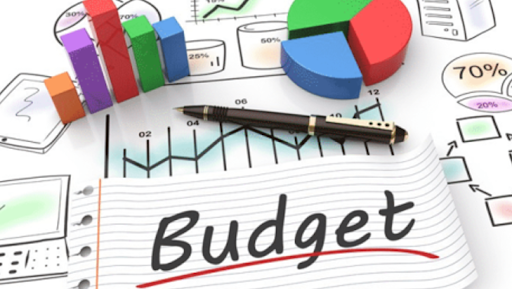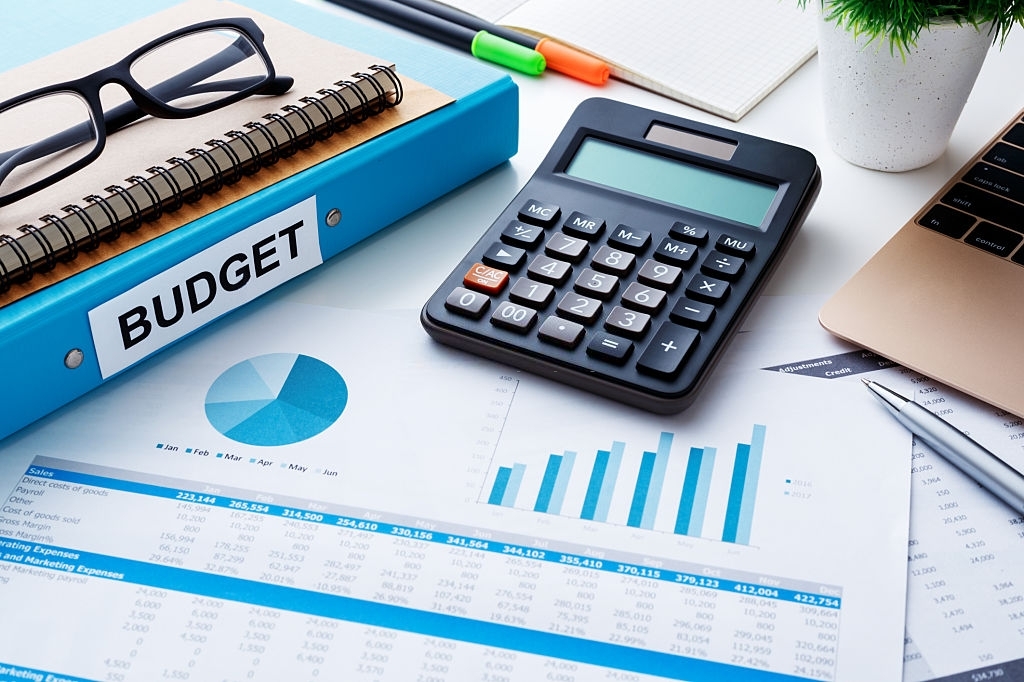In the modern world, financial literacy becomes one of the most important components of a stable life. Making a budget is not only a way of planning expenses and income, but also a tool that helps to consciously manage your finances, avoid debts and achieve their goals. In this article, we will consider the main steps and recommendations for creating an effective budget and maintaining it in the current state.
Step 1: Analysis of the current financial situation
Before proceeding with the budget, it is necessary to analyze your income and expenses. For this:
- Make a list of income: Indicate all sources of income - salary, bonuses, additional earnings.
- Write down costs: Divide them into mandatory (utility bills, insurance) and variables (entertainment, food outside the house).
- Analyze the expenses: Identify what expenses can be reduced or optimized.
Such an analysis will allow you to understand where the money goes and where there is an opportunity to save.
Step 2: Setting financial goals
After analysis, it is necessary to determine the goals that you want to achieve. The goals can be short -term, medium -term and long -term:
- Short -term: For example, the accumulation of the amount for vacation or purchase of equipment.
- Medium -term: Buying a car or repairing an apartment.
- Long -term: Access for education, pension or acquisition of real estate.
Clearly formulated goals will help distribute finances more consciously and motivate you to save.
Step 3: Creating a budget plan

Based on the analysis and set goals, you can proceed to drawing up a budget plan. For this:
- Divide the budget by categories: Products, housing, transport, entertainment, education, health, etc.
- Determine the limits by categories: Set the maximum amount for each category, taking into account your income and goals.
- Leave the reserve: Be sure to include unforeseen expenses or a “airbag” in the budget.
Such a plan will help you clearly distribute finances and avoid unnecessary expenses.
Step 4: Control and adjustment
The creation of the budget is only the beginning. In order for the budget to remain an effective financial management tool, it must be regularly monitored and adjusted:
- Monthly monitoring: Write down all expenses and compare them with planned limits.
- Use applications and tables: Modern technologies allow you to automate the accounting process, making it more convenient.
- Analyze deviations: If in some category expenses exceed the plan, analyze the reasons and make the necessary adjustments.
- Review goals: The financial situation may change, so do not be afraid to adjust the budget and revise goals in accordance with new circumstances.
Conclusion
Compilation and maintenance of a budget is a continuous process that requires discipline and regular analysis. A clear understanding of their finances, realistic goals and constant control will help not only to avoid financial problems, but also to create a stable basis to achieve personal and family goals. Start today, and already in the near future you will feel positive changes in your life!

